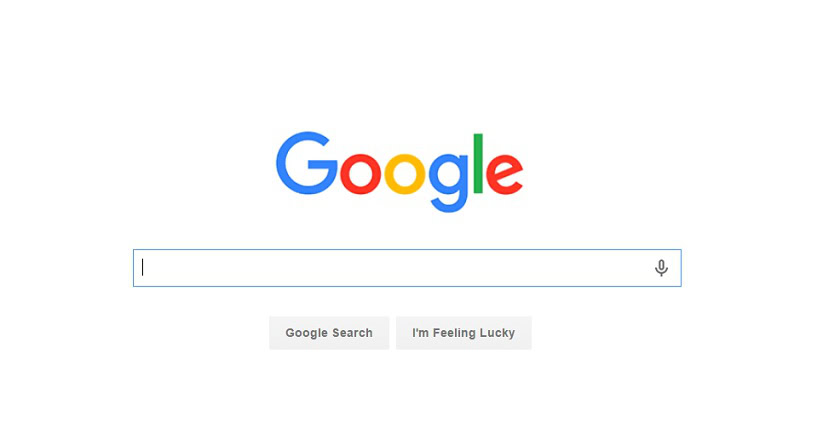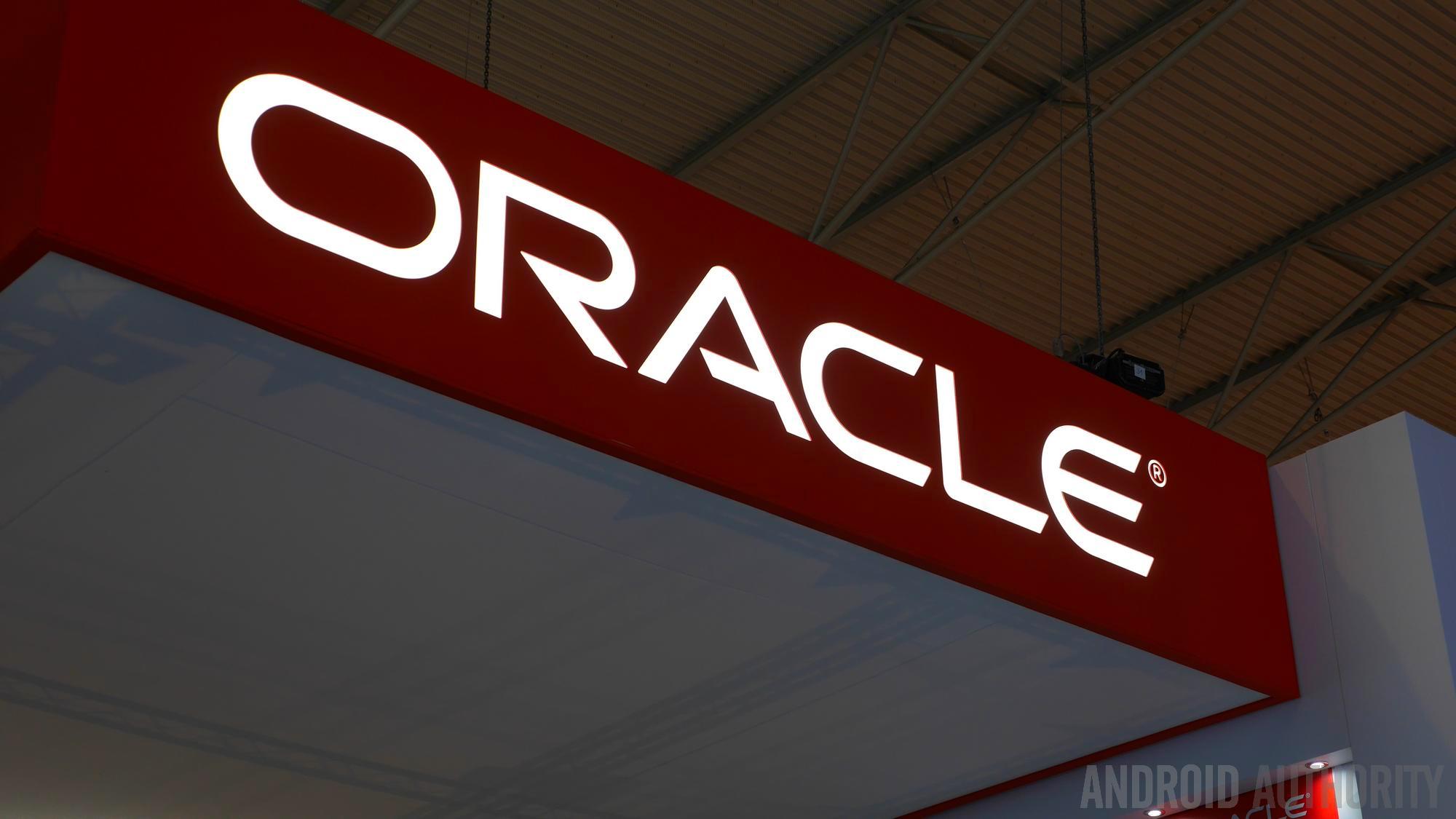Affiliate links on Android Authority may earn us a commission. Learn more.
This is how paranoid you have to be to prosecute Google

A little known fact of the French tax authority’s prosecution of Google France is just how paranoid the team was in the year leading up to the surprise raid last week. In order to avoid any possibility of Google discovering the raid, the Direction Générale des Finances (DGF) used code names, worked entirely offline and only used one computer the whole time – as a word processor only.

Given this level of secrecy you’d think the DGF was conducting an investigation into the French government, not a company that purportedly does very little business in France. But given the nature of Google’s business, the French financial prosecutor, Éliane Houlette, felt an extreme degree of cloak-and dagger was necessary to avoid giving Google an opportunity to obscure or destroy sensitive data relating to its non-payment of taxes in France.

In an interview with Europe 1, Houlette described the sheer volume of data the 100-strong DGF team managed to collect in its surprise May 24 raid: more terabytes of data than the voluminous Panama Papers. The DGF is accusing Google of not paying French taxes through its circuitous holding company route which sees French revenue transferred to Ireland, to the Netherlands and then to the Bahamas, where there is no corporate tax.
French revenue is transferred to Ireland, then to the Netherlands and finally to the Bahamas, where there is no corporate tax.
The DGF is reportedly accusing Google – referred to during the investigation as Tulip in honor of Google’s Dutch base – of avoiding €1.6 billion in taxes and will now sift through the huge amounts of data before taking the case to trial. French authorities have noted that the French system does not allow for a similar side-stepping “Google tax” to the one the UK has proposed to avoid litigating similar tax evasion accusations recently.

“I hope it will not take several years,” Houlette said, noting that the DGF lacks the sophisticated software that would make sorting through the collected data that much faster. But it looks as thought he case will go to trial, for lack of alternative possibilities within French law. What the DGF will uncover while preparing for trial may well lead to further charges as well. Whatever the outcome, at least they’ll be able to use the internet again.
What are your thoughts on corporate tax evasion? Legal cleverness or dubious skullduggery?